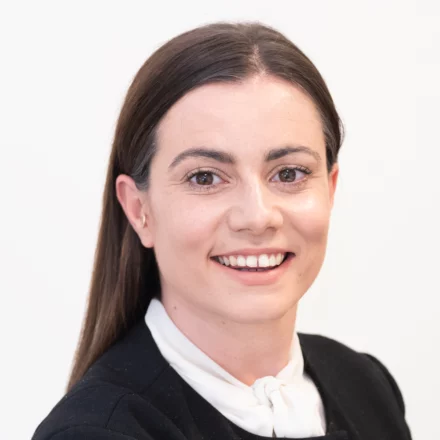
Practitioners are well aware that early identification of parental alienation is crucial. The longer alienating behaviour goes undetected, the further entrenched a child may become, impacting the relationship with either or both of their parents. Often a finding of alienation is determined on the strength of the factual evidence provided to the court with the party seeking findings often instructing an expert to assist the court by giving their opinions.
On 21st February 2023 the President of the Family Division handed down a judgment determining Mother’s appeal against an order made by HH Judge Davies. Whilst the President refused permission to reopen findings of fact, the central issue raised is of more general importance and relates to the instruction of experts in proceedings where there is an allegation of parental alienation.
It is of note that the issue of parental alienation was not analysed within the judgment although at para 103, the President urged an acceptance that:
“Much like an allegation of domestic abuse; the decision about whether or not a parent has alienated a child is a question of fact for the Court to resolve and not a diagnosis that can or should be offered by a psychologist. For these purposes, the ACP-UK wishes to emphasise that “parental alienation” is not a syndrome capable of being diagnosed, but a process of manipulation of children perpetrated by one parent against the other through, what are termed as, “alienating behaviours”. It is, fundamentally, a question of fact.”
Background
The background of the case is set out within the judgment which can be found at https://www.judiciary.uk/wp-content/uploads/2023/02/Re-C-Parental-Alienation-judgment-220323.pdf. The court accepted the opinion of a psychologist that the mother had alienated the child from the father and ordered that the children live with the father. The primary assertion being made in support of the appeal was that, if the case had been approached properly, the expert who was instructed in these proceedings should never have been instructed as they were unqualified to give expert evidence on the issues raised in their instructions.
This article will focus on the guidance given on the instruction of unregulated psychologists as experts in the Family Court in general.
Guidance on un-regulated psychologists as experts in the Family Court
The President concludes by drawing together a number of key points from recent guidance given in a variety of forums and guidance given by the Association of Clinical Psychologists- UK [‘ACP’]. Of note, the ACP is not a regulatory body. The relevant regulatory body is the Health and Care Professions Council [‘HCPC’] who declined to intervene in proceedings. The following are key points from that guidance:
- There is no definition of an ‘expert’ in Family proceedings, save for the circular procedural definition at FPR 2010, r 23.2(c): “‘expert’ means a person who provides expert evidence for use in proceedings”.
- There are certain statutory exceptions to the term “expert” set out in Children and Families Act 2014 [‘C+FA], s 13(8).
- Expert evidence will only be permitted in children proceedings ‘if the court is of the opinion that the expert evidence is necessary to assist the court to resolve the proceedings justly’ [C+FA 2014, s 13(6)].
- An expert witness opinion will only be admissible ‘on any relevant matter on which he is qualified to give expert evidence’ [Civil Evidence Act 1972 [‘CEA’], s 3]. There is no definition of ‘qualified’ in CEA 1972.
- The question of whether an expert is ‘qualified to give expert evidence’ [CEA 1972, s 3] is a matter for the court in each individual case.
- The instruction and role of experts in the Family Court is already the subject of extensive coverage in the Family Procedure Rules 2010.
- Whilst certain categories of psychologist have a protected title (a clinical psychologist being offered as one example), the generic title of psychologist is not protected and may be used by an individual regardless of their regulatory status.
Conclusion
The Court accepted that “the open-house nature of the term ‘psychologist’ is unhelpful and potentially confusing” but highlighted the need to have eyes wide open and the need for clarity over the expertise of those who present as a psychologist. The Court also expressed the need for clarity in an experts’ CV. It is incumbent on an un-registered psychologist to assist the court by providing a short and clear statement of their expertise.
The President concluded that it was not the role of this court to prohibit the instruction of any unregulated psychologist. The question of whether a proposed expert is entitled to be regarded as an expert remains one for the individual court. Notwithstanding the above, there is a clear need for caution. In every case the court should identify whether a proposed expert is HCPC registered. A sensible practice, where the expert is un-registered, would be for the court to indicate in a short judgment why it is, nevertheless, appropriate to instruct them.
The crux of the issue is that whilst the Family Court retains discretion to permit the instruction of unregulated psychologists to give expert evidence, there needs to be a rigorous and clear process of identifying and approving an expert for instruction.
